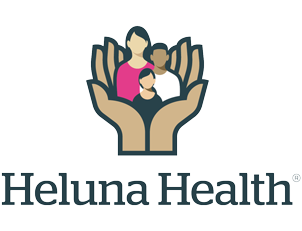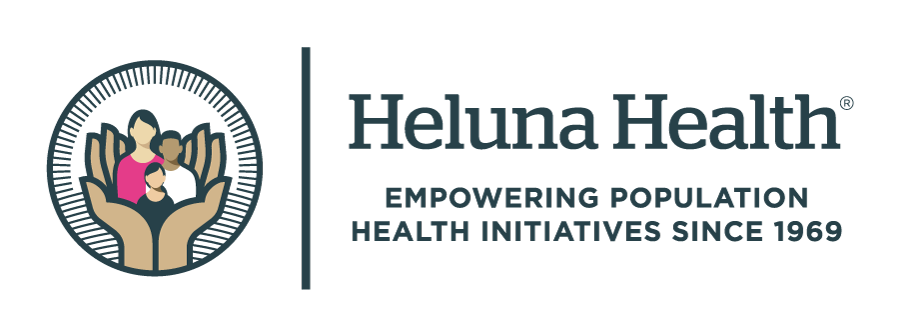Heluna Health hosted three Black maternal health experts last week on Population Health Matters, a livestream series aimed at highlighting innovative programs that are tackling some of today’s biggest challenges in public and population health.
Black maternal health is in crisis in the U.S. According to CDC data, Black women are nearly three times more likely to die from pregnancy-related complications than white women. Black birthing people are also more likely to experience life-threatening conditions associated with pregnancy, like blood clots or preeclampsia.
Guests Renaisa Anthony MD, MPH, founder of MOMentum Park; Marlee-I Mystic, director of doula programs at SisterWeb SF Community Doula Network; and Melissa Franklin, EdD, MBA, director of maternal, child and adolescent health at the Los Angeles County Department of Public Health discussed these challenges, and the innovative programs and organizations working to address them.
Anthony spoke about how reproductive justice issues, which are on the ballot in many states, have a ripple effect, causing increased demand for programs like MOMentum Park’s SHERO (Shaping Healthy Equitable Reproductive Outcomes).
“The reality is that when women are pregnant, they’re going to need those services and that support and if it’s not there, that’s a problem,” Anthony said. “And that’s why SHEROs come in, especially our New Orleans team, to make sure that those moms get the love and support that they need, that they have advocatesregardless of if they’ve chosen to be moms, or if by default they have to be moms because the state in which they live in. That we’re there to support them, basically safely bring them from their pregnancy into parenthood.”
The panelists ended the conversation speaking about where they find hope, despite the grim statistics.
“Where I find hope?,” said Franklin, “In the work of the people on the ground, coming together locking arms and making it happen. In those agencies that are willing to step forward and support and stand behind race-conscious policies, and in philanthropic organizations that are investing in that.”





